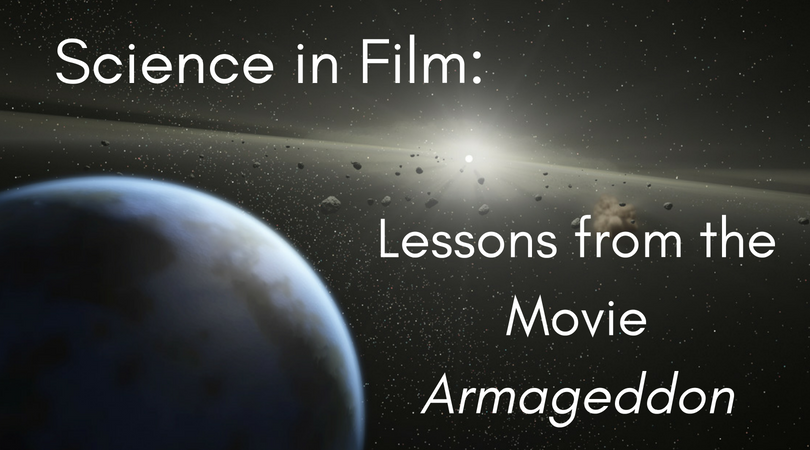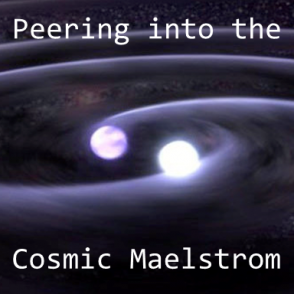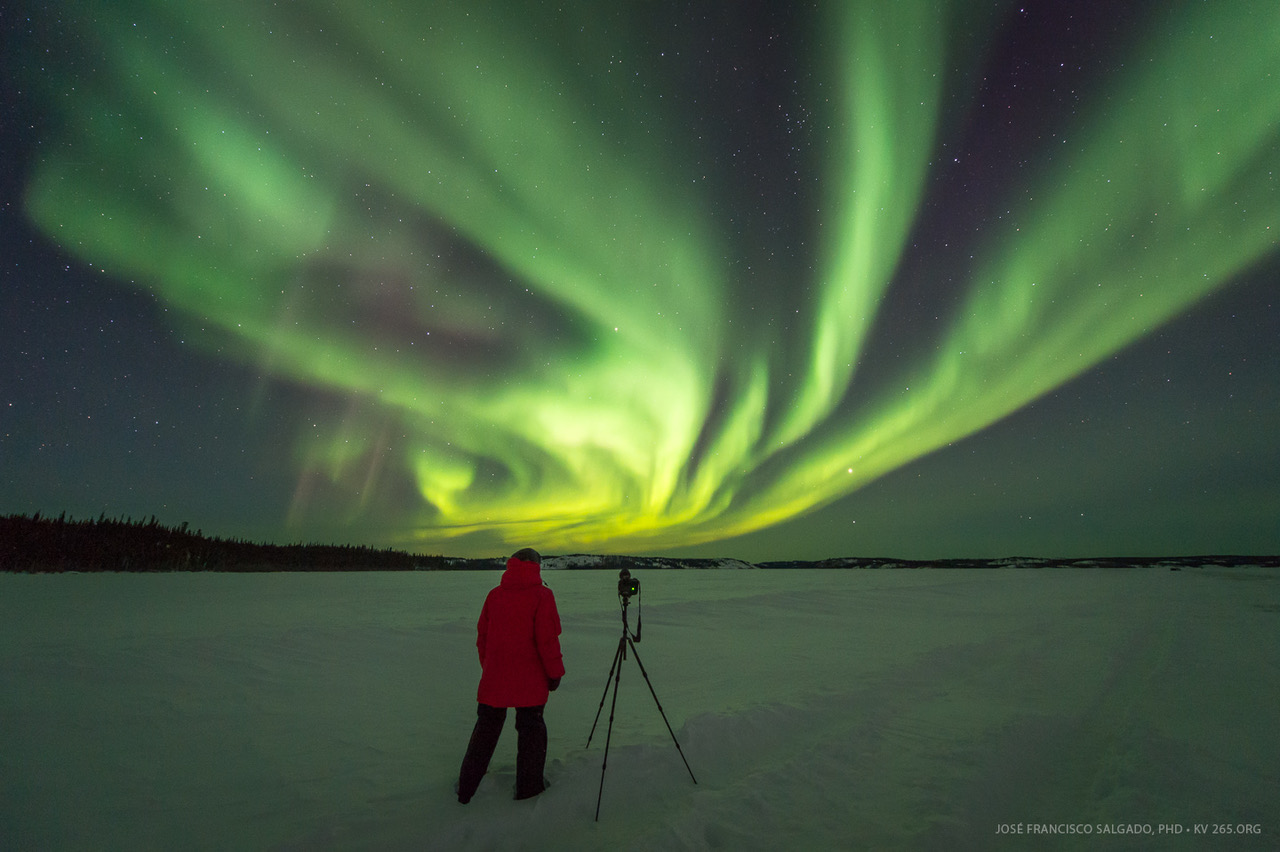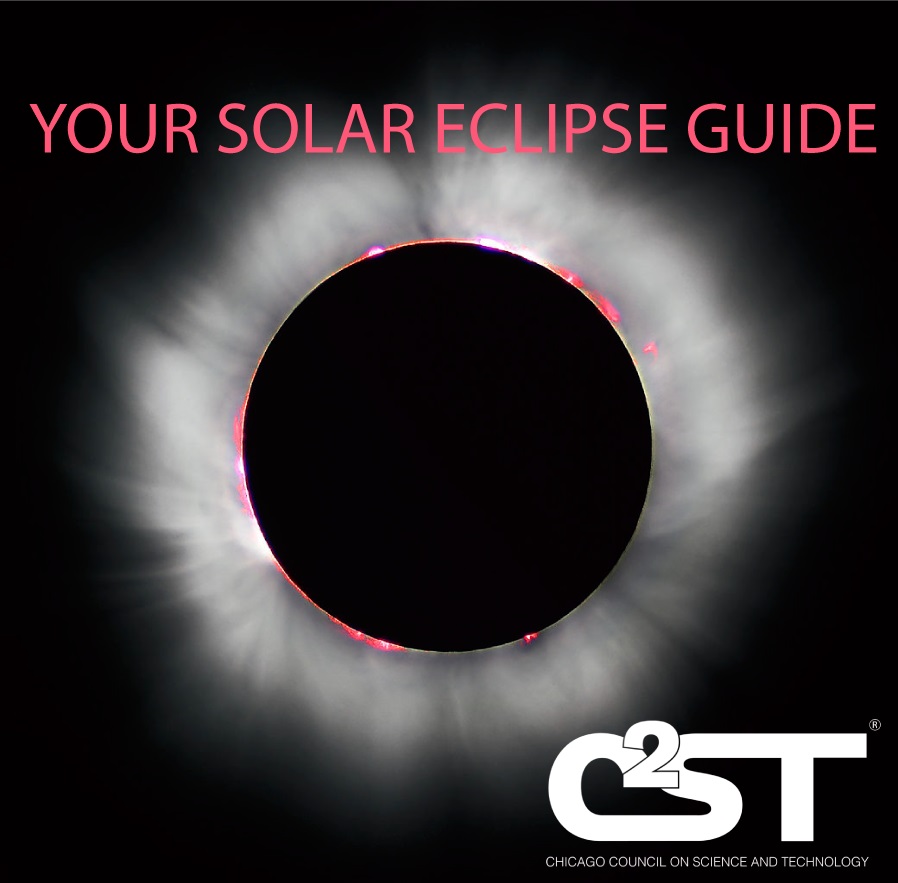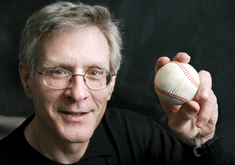Upcoming Events
C2ST achieves its mission by hosting relevant, independent, and credible public STEM programs across all scientific fields at locations throughout Chicagoland. With nine out of ten program attendees’ expectations fulfilled, our supporters agree that C2ST is accomplishing its mission of increasing the public’s understanding of science and technology.
We are dedicated to providing a professional and inclusive environment for everyone, regardless of gender, gender identity and expression, sexual orientation, disability, physical appearance, body size, race, age, or religion. Please be respectful of diversity in individuals and in cultures at our events.
Miss an event? Anyone across the globe can access our STEM program library by visiting our YouTube channel, C2ST TV. Also be sure to follow us on Facebook, where we livestream many of our programs.
Check out below what programs we have planned and discover what we’ve hosted in the past.
Privacy Policy
As a guest of Chicago Council on Science and Technology (C2ST), you agree to be photographed, videotaped, or filmed and grant C2ST permission to put the finished footage/photography to any uses that it may deem proper including marketing, advertising (print, radio, and television) and PR-related activities.
We only have access to/collect information when you sign up for our programs or that you voluntarily give us via email or other direct contacts from you. We will not sell or rent this information to anyone. We will not share your information with any third party outside of our organization.
Filter Events
September 27, 2018
6:00 pm
– 8:00 pm
Columbia College Chicago, Film Row Cinema, 1104 S. Wabash, 8th Floor
Film Row Cinema, South Wabash Avenue, Chicago, IL, USA
Program Series:
Physical ScienceScience and Society
The film Armageddon is fiction; it suggests that humanity was in mortal danger until heroic actions saved us. Did you know that there are people who observe and secure improved orbits for near-Earth asteroids EVERY DAY? Their efforts have eliminated the chances of an extinction-level asteroid impact with Earth over the next 100 years or so. Did the film spur action that helped achieve this incredible decrease in risk? Was this due to increased public consciousness of the risk? Read more…
June 6, 2018
7:00 pm
– 8:45 pm
Cernan Space Center
2000 5th Ave, River Grove, IL 60171, USA
Program Series:
Physical Science
Due to unforeseen circumstances, this event is being postponed. A new date will be announced as soon as possible.
December 12, 2017
The Radler
2375 N Milwaukee Ave, Chicago, IL, USA
Program Series:
Physical Science
Since 2012 astronomer José Francisco Salgado has been photographing the Northern Lights from Canada, Alaska, and Iceland, as part of his work communicating science through the arts. So far, his Northern Lights films set to music have been presented with orchestras in 13 cities in four countries and have reached a combined audience of 130,000 people. Read more…
All of North America will enjoy a total eclipse of the sun on August 21, 2017. Those in the path of totality, where the moon completely covers the face of the sun and only the corona is visible, will experience a total solar eclipse–temperatures will suddenly drop, and wildlife will go eerily silent. This path of totality will stretch from Salem, Oregon to Charleston, South Carolina. The last time the Lower 48 experienced a total solar eclipse was 1979; the next one traveling coast to coast won’t be until 2045. Read more…
March 30, 2017
Chicago Public Library, Harold Washington Center
400 South State Street, Chicago, IL, USA
Program Series:
Physical Science
Chicago Council on Science and Technology and the Chicago Public Library, Harold Washington Center present
Just in time for opening day!
Dr Alan Nathan spent a career doing experimental nuclear physics, where he studied the high-speed collisions of subatomic particles. Read more…
February 9, 2017
Hyatt Regency Chicago
151 E Wacker Dr, Chicago, IL, USA
Program Series:
Physical Science
QM2017 Public Lecture in collaboration with C2ST
For the first second of time, long before the emergence of planets, stars, or galaxies, our universe was a hot primordial soup of “elementary” particles like quarks. Encoded in this formless, shapeless quark soup were the imprints of events from an even earlier epoch—the very beginning of the universe. Read more…
